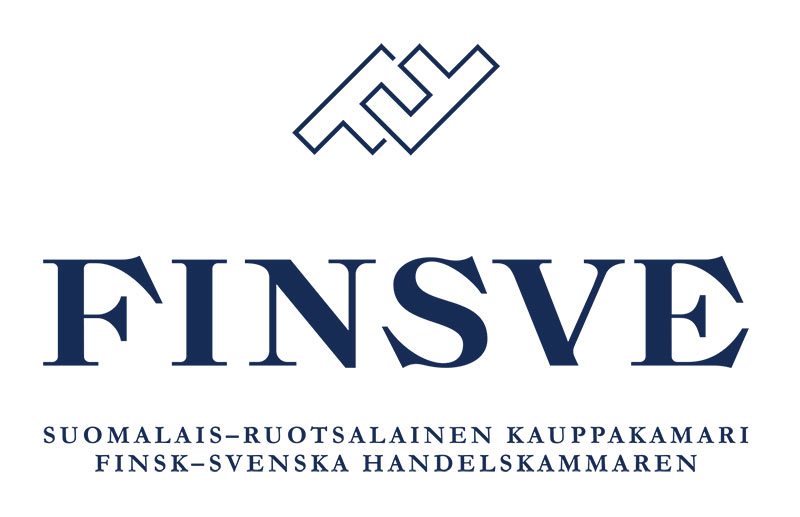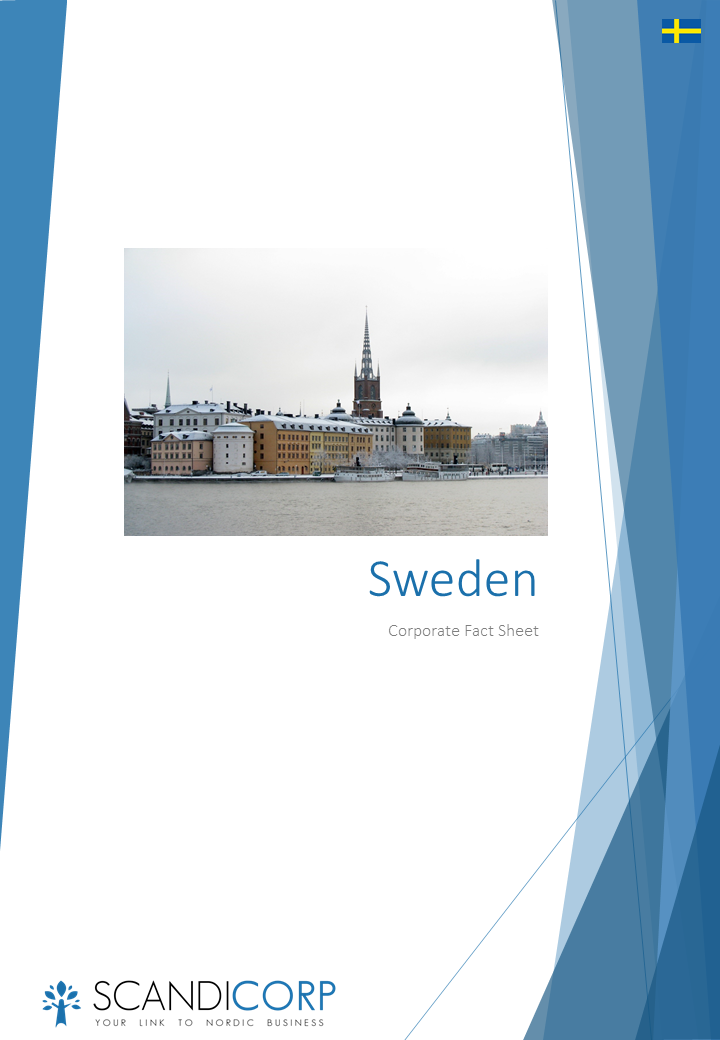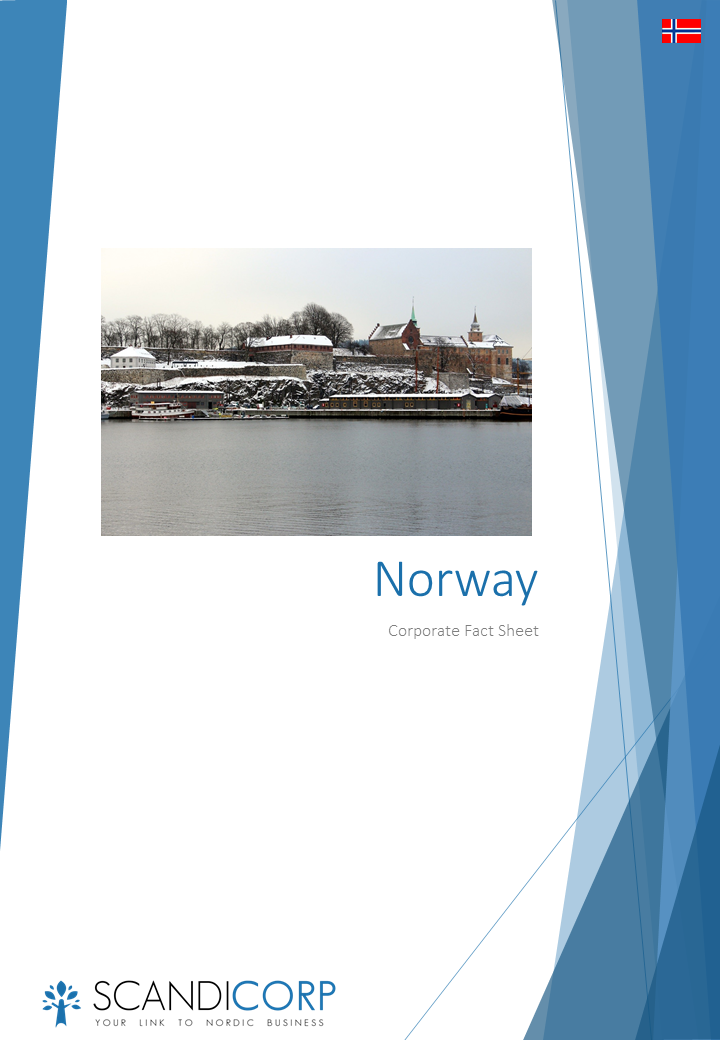Nordea Bank launches platform for crowdfunding
Sweden’s Nordea Bank, the largest bank in the Nordic region, is launching a platform for crowdfunding where individuals can participate in the financing of unlisted companies through purchasing shares in such companies. The bank appears to be taking up the fight against startups in the fintech business.
The platform is being announced today in Finland, where the Finnish Crowdfunding Act is scheduled to come into force in July 2016. According to the Bank’s Twitter account, the platform will be announced in Sweden tomorrow in connection with the quarterly report.
Crowdfunding and crowdlending have become popular in the Nordic region. In Sweden, examples are Fundedbyme , Toborrow , Pepins , Tessin and Kameo, all of which have entered the business from slightly different different angles. These players have been able to act undisturbed by major banks for more than five years , but now Nordea becomes the first traditional bank to embark in the crowdfunding area .
Nordea on Twitter
Photo: Outi Järvinen/Kl/Arkisto
Invest in Sweden! Economic Boom, Lower Unemployment and Increasing Exports
Time to invest in Sweden? Yesterday, Swedish Finance Minister Magdalena Andersson raised the economic growth forecast for 2016 and predicted narrowing deficits in the coming years as an economic boom helps the nation cope with a record influx of asylum seekers.
Gross domestic product will expand 3.8 percent in 2016 and 2.2 percent in 2017, compared with December forecasts of 3.1 percent and 2.6 percent respectively, the Stockholm-based Finance Ministry said in a statement. It now predicts budget deficits of 0.4 percent of GDP in 2016 and 0.7 percent in 2017, compared with earlier forecasts of 0.9 percent and 0.8 percent.
The growth forecast is one percent higher than the forecast presented in connection with the 2016 budget last fall. Growth is now higher than in the United States, Germany and Great Britain. Unemployment is at its lowest level in seven years and Sweden gains market shares on international export markets.
The finance minister expressed worries that despite the good outlook there are some risks associated with the present state of the economy in the close trading partners Finland and Norway.
Read more
Swedish business culture advice from random Swede
Edit: The video is no longer available.
“You will soon be connected to a random Swede, somewhere in Sweden.” 250 years ago Sweden was the first country to abolish censorship. Now Sweden is the first country with its own phone number. Call the Swedish number on +46 771 793 336 and a random Swede will pick up the phone. Why not call the Swedish number when you need some Swedish business culture advice for your next business meeting?
A bit of Swedish business culture
Swedes are very punctual and direct, laid back but yet efficient, Swedes take business seriously. You should never be late. If you must be late for some reason it is polite to phone and let the other person know. Being late is seen as poor etiquette. You may think twice before ordering a glass of wine at your next business lunch. When you are doing business in Sweden you can expect to address a person by his or her first name. Don’t forget handshake is the accepted form of greeting.
Interested to invest in Sweden?
Contact Scandicorp direct on +46 8 122 041 45 or send an e-mail to our Nordic Business Development Director Till Sahlgren: till.sahlgren@scandicorp.com. He is English, Swedish and Finnish speaking.
Free Fact Sheet about doing business in Sweden:
Fill the form below to get access to the PDF:
Error: Contact form not found.
[/one_half]
Member of the Finnish-Swedish Chamber of Commerce

Scandicorp is today a member of the Finnish-Swedish Chamber of Commerce (FINSVE). The Chamber of Commerce helps especially small and medium sized Finnish businesses in entering the Swedish market. Scandicorp is convinced that many Finnish companies would benefit greatly from a presence in neighboring Sweden. Scandicorp will happily help with company formation and related accounting and management services. Read more about our services www.scandicorp.com/services/
A lesson in Swedish
An Englishman named Colin Moon stated some of the most common polite phrases in Swedish. Read and learn.
The Swede is a person of few words.
Eng: Excuse me, I didn’t quite catch what you were saying.
Swe: Va? (vah?)
Literal translation: What?
Eng: Sorry for bumping into you like that. So terribly clumsy of me.
Swe: Oj! (oi!)
Literal translation: Oh!
Eng: It’s you! How lovely to see you!
Swe: Nej, men! (nay men)
Literal translation: No, but!
Eng: How are things with you?
Swe: Annars? (an ass)
Literal translation: Otherwise?
Eng: Excuse me, may I disturb you for a second?
Swe: Du
Literal translation: You
Finland and Sweden top Net Impact on Global Innovation
Finland and Sweden rank 1st and 2nd respectively in how its domestic policies support worldwide innovation, according to an analysis released today by the Information Technology and Innovation Foundation (ITIF), a global technology policy think tank. The findings come in a new report assessing 56 countries—which together comprise close to 90 percent of the world’s economy—on the extent to which, on a per-capita basis, their economic and trade policies contribute to and detract from innovation globally.
“Robust innovation is essential for economic growth and progress,” said co-author Stephen Ezell, ITIF’s vice president for global innovation. “As countries increasingly vie for leadership in the innovation economy, they can implement policies that try to benefit only themselves but harm the production of innovation in the rest of the world. Or they can implement ‘win-win’ policies that bolster their own innovation capacity while also generating positive spillovers for the entire global economy. For innovation to flourish around the world, we need a system that is doing much more of the latter.”
While previous research has ranked countries based on innovation capabilities or outcomes, this report is the first to assess the impact of countries’ policies on the broader innovation system. The authors examined 14 factors that not only support innovation domestically but have positive spillover effects globally, such as supportive tax systems and investment in R&D and human capital, and another 13 factors that have negative spillover effects, such as forced localisation and weak intellectual property protection. Finland’s 1st-place overall ranking reflected a combination of policies that the report found to be 3rd best in their positive contribution to the global innovation ecosystem and also the least damaging.
While six European countries were in the top 10 for their positive contributions to the global innovation ecosystem, the continent’s prominence on the list was driven in particular by holding nine of the top 10 spots for being the least damaging. Finland, Sweden, the United Kingdom, and the Netherlands were all ranked in the top 10 in both categories.
The report also found a strong correlation between countries’ contributions to global innovation and their levels of domestic innovation success, meaning that doing well domestically on innovation policy can also mean doing well for the world.
Read Executive Summary
Read full report
New UK-Sweden tax treaty
The UK-Sweden tax treaty, signed March 26, 2015, entered into force on December 20, 2015, HM Revenue and Customs announced January 13. The treaty replaces a tax treaty signed August 1983.
The treaty will take effect in both Sweden and the United Kingdom in respect of taxes withheld at source, for amounts paid or credited on or after January 1.
In Sweden, the agreement takes effect for other taxes on income, for taxes chargeable for any tax year beginning on or after January.
In the UK, the agreement takes effect in respect of income tax and capital gains tax, for any year of assessment beginning on or after April 6; and in respect of corporation tax, for any financial year beginning on or after April 1.
The WHT rate on dividends is 5% and reduced to 0% if the recipient is a company owning 10% of the capital of the payer. No WHT on royalties.
For full details read this PDF.
Nordic countries are the best for business
Forbes gauged the World’s Best Countries for Business by grading 144 nations on 11 different factors: property rights, innovation, taxes, technology, corruption, freedom (personal, trade and monetary), red tape, investor protection and stock market performance. Denmark scored first, Norway third, Sweden fifth, and Finland sixth. New Zeland was second and Ireland fourth.
For full article
The Nordic countries among the top five in English skills
The EF English Proficiency Index 2015 (EF EPI) attempts to measure the Worldwide English Proficiency when it comes to English as a Second language. The Nordic countries ranked among the top five in the world: Sweden 1st place, followed by the Netherlands, Denmark, Norway and Finland. This year’s EF EPI report profiles all 70 ranked countries, using test data from 910,000 adult English language learners.
The report reveals a correlation between countries English abilities and innovation metrics such as R&D expenditure and high-tech exports. There is also a high correlation between English skills and quality of life, GNI per capita, and internet connectivity.
As English is widely spoken in the Nordics it will reflect on the ease of doing business. Download our free corporate fact sheets for Norway, Sweden and Finland.
EF Education First is a Swiss based education company specializing in language training. The company was founded in Lund, Southern Sweden.
For full report see: EF EPI
Should we appoint an external auditor or not?
Today the Nordic countries have small company provisions making it unnecessary to appoint an external auditor if certain conditions depending on size of turnover, number of employees, and size of balance sheet are met. In the start-up phase of a company it may seem appropriate to save on costs and revert to the issues of appointing an auditor later on.
A frequently asked question by SCANDICORP clients setting up companies in the Nordic region is whether they should appoint an auditor in connection with incorporating the company or save that decision until later.
In most cases our advice to the client has been that it makes sense to appoint a qualified external auditor from the very start in connection with registering the company. Naturally this will depend on the business activities of the company, the structure of ownership, appointed directors and other factors to be considered on a case-by-case basis.
The Pros of having an external auditor:
- Clients, suppliers, collaborators, banks and other parties involved with the company will be more comfortable in their dealings with the new company.
- There is less risk of unforeseen problems due to the professionalism and qualifications of the auditor.
- A way to ensure that the company complies with legal and tax regulations.
- Having access to independent advice and guidance on short notice from someone who knows the company.
- Giving the shareholders assurance that the accounting, management and directors have performed up to required standards.
- A foreign investor or director in a Nordic company, not being totally aware of local rules and regulations, will be more comfortable compared to if the company has no external auditors.
- The tax office may also be more comfortable with tax returns from an audited company.
The Cons of having an external auditor:
- The costs associated with external audits.
- Faster preparation of Annual Reports and tax returns.
SCANDICORP is happy to introduce clients to qualified external auditors suiting their particular needs. Some clients may opt for one of the international “Big Four” firms or maybe the next tier of international firms that are all present in the Nordic countries, while other clients might prefer a smaller local audit firm more suited for their particular business.








